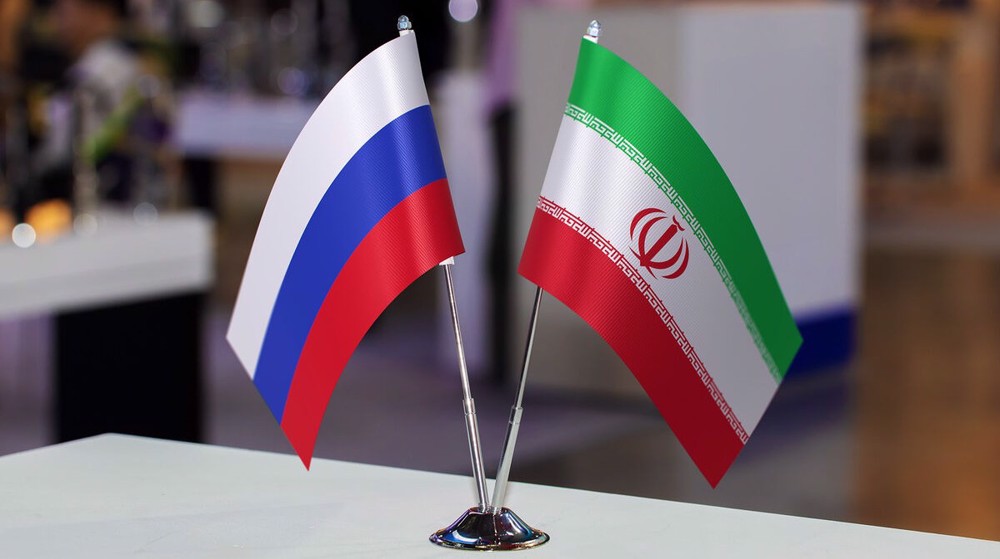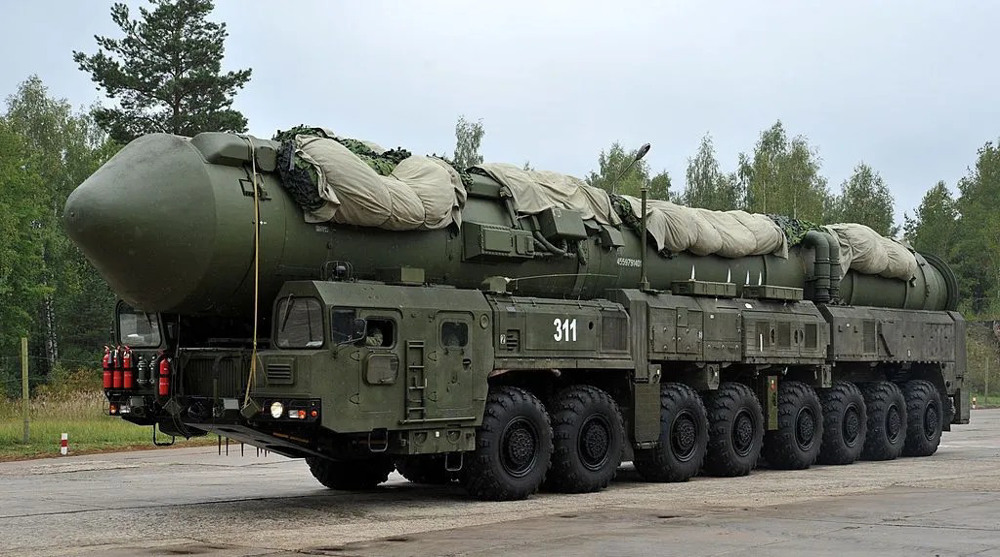Russia says favorable toward reforming UNSC
A Russian official says his country agrees that there is a necessity to reform the United Nations Security Council (UNSC), adding that Moscow will back such a move provided that more than two-thirds of the UN member states support it.
Russia agrees that it is necessary to reform the 15-nation council as “the whole number of regions, even continents, first of all Asia, Africa, Latin America” do not have any representatives in the world body, Russian Deputy Foreign Minister Gennady Gatilov said on Wednesday.
“We are ready to support the option of expanding the [UN] Security Council, which will be agreed on by the overwhelming majority of member states. Ideally, it will be 100 percent [of them in favor]. Anyway, more than two-thirds of [member]-countries,” Gatilov said.
“We believe that it would be fair to solve this problem. But it should be solved via agreement of member-states over this or that variant of expanding the Security Council,” the Russian official said.
According to the UN Charter, for a resolution to pass, it needs to secure two-thirds of votes in its favor.
Gatilov, however, said that a two-thirds vote is not enough to pass a resolution on the issue.

“But taking into account that the problem of reforming [UNSC] is rather sensitive and politically important for the future of the organization, we believe that two-thirds of votes are not enough and more support is needed for the resolution to pass,” the Russian diplomat said.
He also stressed that only the five permanent members of the UNSC – China, France, Russia, the UK, and the US – should have the veto right.
On September 14, around 200 member states of the UN agreed that over the next year, they will negotiate the wording of a draft resolution that will call for reforming the UNSC. Once the draft is agreed on, it will be put to a vote at the General Assembly.
In June, Japan’s envoy to the UN Motohide Yoshikawa raised Tokyo’s demands for becoming a permanent member of the UN Security Council (UNSC).
A similar proposal was put forward in 2005, but the resolution failed to gain the yes vote due to fierce opposition from the US and China, with the latter expected to oppose Japan’s new bid due to the increasing regional rivalry between the two East Asian nations.
Germany, Brazil, India, and Japan have been pushing the UN to increase the number of the permanent and non-permanent members of the Security Council. The group, known as G-4, has called for an expansion of the Council’s membership to 25-26 countries, up from the current 15, which includes five permanent and 10 non-permanent members.
In January, Liberian Nobel peace laureate Leymah Gbowee urged the UN Security Council to undertake reforms to better reflect the necessities of the world today. The activist urged the 15-nation council “to do some deep self-reflection” and reform itself, offering an increase from five to seven in the number of the body’s permanent veto-wielding members.
The important of Venezuela for Iran
Iran beats traditional rival Russia in freestyle and Greco-Roman wrestling friendly
Rape trials trigger protests against French ‘sexist and misogynistic’ culture
US photographer opens Berlin exhibition with anti-Israel speech
VIDEO | Press TV's News Headlines
VIDEO | US 'non-profit killer’ bill targets pro-Palestinian groups
Explainer: How Yemeni military chased away US aircraft carrier from Red Sea?
French march for women of Palestine










 This makes it easy to access the Press TV website
This makes it easy to access the Press TV website